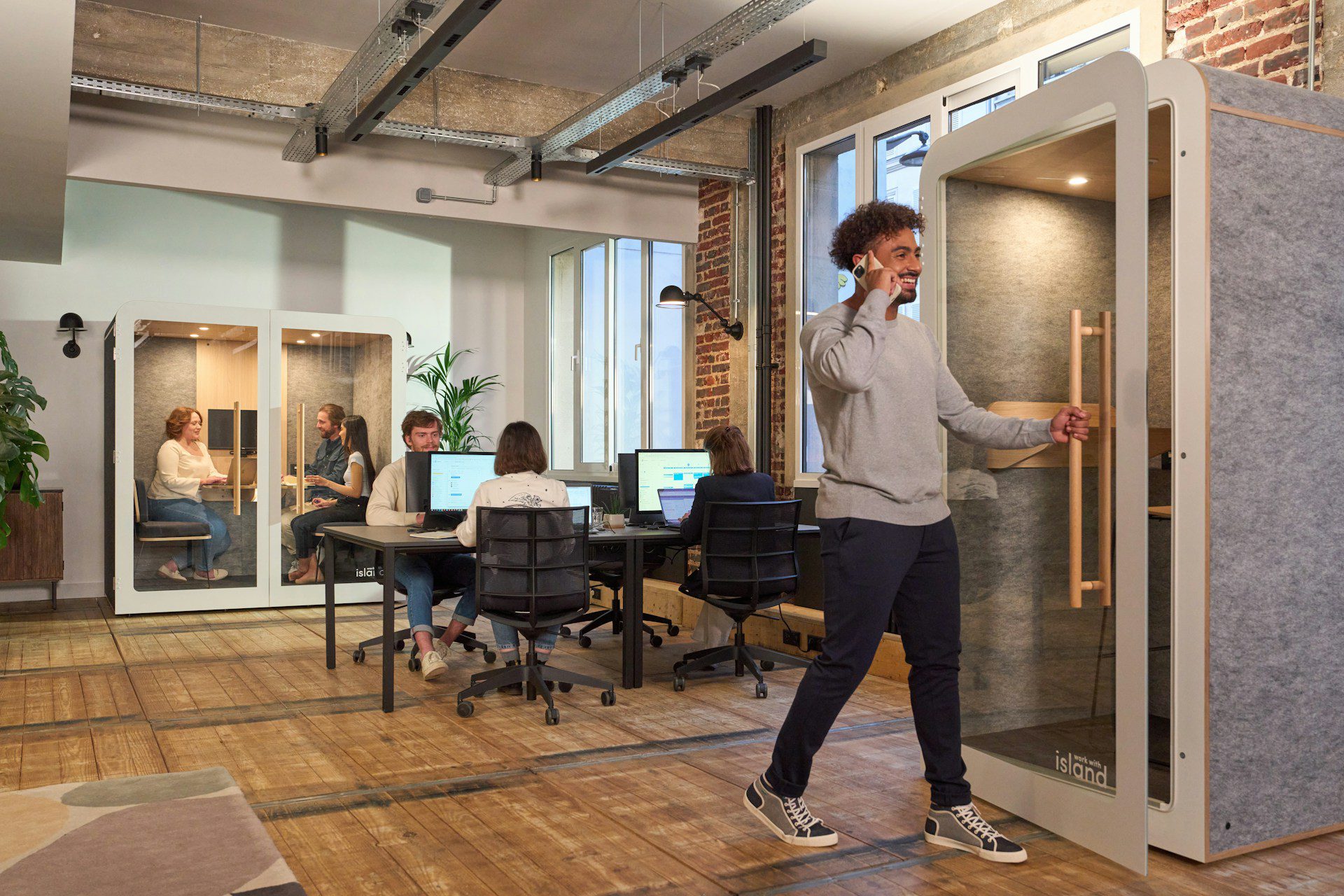
We don’t really think about it. You get up, head to your desk (or couch), open your laptop, and dive in. Most of the time, you’re focused on getting things done—deadlines, meetings, growth plans, all of it. But there’s this one quiet element that’s shaping everything: your workspace. Where you work is doing a lot more than just holding your coffee cup. It’s influencing how you think, how you lead, and how you move through the day.
Whether that’s a noisy kitchen counter or a small shared office space in the Pacific Heights, the space you choose is never neutral. It’s shaping your strategy whether you like it or not.
Contents
The Energy of the Room Matters More Than You Think
Ever tried to write a pitch deck in a space that just… drains you? Bad lighting, weird smells, too much noise, or maybe the vibe’s just off. That stuff adds up. You might not notice it at first, but it wears you down. Slowly.
A good space works like a silent battery—it gives you energy without shouting about it. Natural light, calm colors, a solid chair, a sense of quiet purpose. These little details do something to your headspace. They make it easier to think clearly and stay in the zone longer.
It’s not just about comfort. It’s about mental friction. When your environment is pulling focus, you burn out faster. You lose precision. And strategy? That thing that needs a calm, steady brain? It suffers.
Focus Is the New Currency
The hardest thing to hold onto right now isn’t motivation. It’s attention.
Notifications are popping. Your team needs you. Your Slack is on fire. If you don’t protect your focus, nobody will.
That’s where space comes in again. If your workspace makes it easy to drift or get distracted, you will. But when you’re in a room that feels built for actual thought, something shifts. Your brain stays longer in that deep-work mode. The kind where strategy isn’t rushed. It’s real.
This doesn’t mean you need a library-level silence. It just means the environment supports focus. There’s a difference between a “place to work” and a space that makes work better. Most people don’t realize it until they experience the second one.
Your Space Sends a Message—Even If You Don’t Mean It To
Let’s say a client walks into your office. Or join your Zoom call. Or see the corner of your desk in a photo. What does that space say?
You don’t need a million-dollar setup. But your workspace is saying something. To your team. To your clients. To you.
A thoughtful space—one that’s curated instead of chaotic—sends a message: We care about doing things well. It’s not about being fancy. It’s about showing you’re intentional. That you value quality, not just speed.
Even solo founders feel it. Working in a place that feels put-together reminds you that your work matters. That it’s worth showing up fully. And that mindset? It spreads.
Flexible Doesn’t Mean Messy
The whole world went hybrid, then remote, then… something in between. Now everyone’s winging it. Working from anywhere sounds great—until you’re three hours deep into a strategy session and your Wi-Fi cuts out at the café.
Flexibility is great. But not all “flexible” spaces are created equal. And trying to build serious ideas in chaotic environments just doesn’t work long-term.
That’s where curated shared spaces come in. They’re flexible, sure—but they also bring a level of stability. You get room to think, to collaborate, to lead—without feeling like you’re just floating around with your laptop and charger.
Don’t Sleep on the Power of a Good Room
Here’s the thing: nobody’s saying the space will do the work for you. It won’t.
But what it can do is take away the static. The little things that make you tired before lunch. The background clutter that distracts you. The vibe that feels off and makes you second-guess your momentum.
And when you find a space that helps you focus, think clearly, and lead with clarity? Everything else starts to click a little faster. It’s subtle. But it’s real.
Final Thought
You spend hours working on your strategy. Your growth plan. Your big goals. But here’s the question: where are you building all of that? Is it in a space that supports your best thinking? Or just somewhere you happen to land every morning? The truth is, your environment is either lifting your work or quietly dragging it down. It’s shaping your mindset in ways you don’t always notice.







